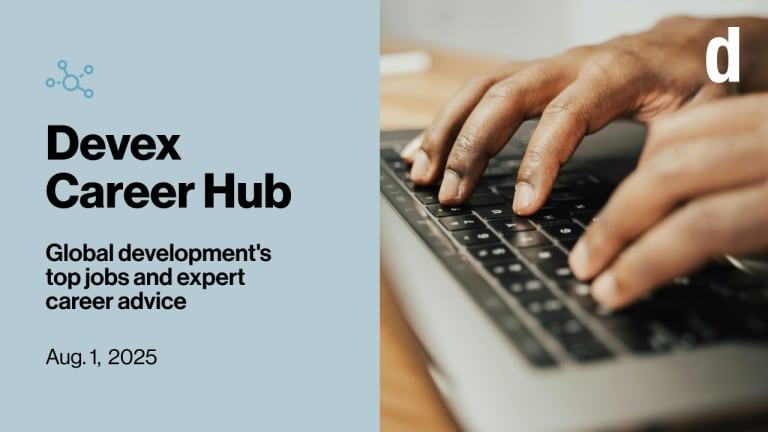
For Nigel Allan, a social media expert is similar to a traditional media specialist in many ways. Both need to possess the same communications and basic journalistic skills as well as know what people find as good, relevant, useful and, to a certain degree, entertaining content.
Allan plays the role of top social media officer at WWF International. The world’s largest independent conservation group is one of the most successful advocacy organizations on Twitter and Facebook, with a combined following of 1.2+ million.
Allan leads a small, virtual team of social media experts: He is based in Canada, whereas his two colleagues are working out of Switzerland. He says his job entails knowing what’s going on within WWF’s global network and developing strategies to support the organization’s large campaigns on social media. He also needs to be aware of available and up-and-coming social networking tools.
In this exclusive interview, Allan provides further insight into his work as social media officer in WWF. He also shares advice on how to be successful in this line of work.
How difficult was it to convince WWF to invest in social media? Have you been given free rein, or were there any ideas vetoed by colleagues for a particular reason?
Well, I guess, it was a gradual evolution. You know I started using social media in a specific project that I was working on about three years ago, and that was quite successful.
And a former colleague set up social media profiles for WWF. Not a lot was happening with them in the beginning. But then as social media really started to take off, people really started to see the acceleration in the growth of these communities, and also how much traffic was starting to come to our website from the social media channels. It just kind of flowed from there as people started to recognize what a big and growing audience we have, and it is something that we need to pay more attention to and start to invest in a lot more.
So, it’s been an evolution to the point now where from our director-general at the very top and staff throughout the organization are very, very supportive of social media, and they themselves are using it more and more in their jobs.
How do you keep your large following engaged?
I think at the end of the day, it’s still about creating good content. I try to balance it as well: So different social media channels require different treatment.
So something like Facebook, I might update it once a day, whereas Twitter I can update it many, many times a day, because they’re different, of course — so just trying to find that good content all the time, but also making sure that we’re not flooding people with content from WWF.
How do you come up with social media campaigns that remain fresh and unique every time?
It’s a little tricky because you don’t always know what’s going to work, so we’re always trying stuff, looking at what’s worked in the past and looking at what other people are doing and trying new things. Sometimes they really take off, sometimes they don’t.
But I think at the end of the day, it is about being consistent and it’s about being aware of your own brand and your own voice, and just making sure that is consistent in your social media messaging.
So if you have a big campaign or whatever, you could end up using a lot of resources on a big campaign and it could amount to not very much, whereas just that constant day-to-day being on top of your own brand and giving people opportunities to take action, for me, is what’s really important.
Given your team’s setup, how do you brainstorm for social media campaigns?
One of the tools we’ve started using recently is Yammer. It’s a microblogging tool like Twitter, but it’s for internal use, and from what I’ve seen so far, it looks like a great tool. It’s very useful especially for someone like me who’s on the other side of the world. It’s very conversational. It’s not like an email; it’s just like you’re posting kind of a tweet but … on that project or your work.
We use other tools like Google Docs and Google Calendar to stay in touch and coordinate.
What’s your advice to those who want to have a career as a social media expert? Would you now say that social media is a legitimate career area, not just an additional expertise that communications professionals should have?
It has become a legitimate career in itself. It’s a branch of marketing and communications, and so I think it is important to have a grounding in that world. Knowing that you have to be a communicator and a marketer remains important as a social media manager.
And what advice would I have? I would say it is important to be curious, be enthusiastic about the tools but also be able to critically assess them. Of course, I also think you should be a sociable person by nature, that you actually enjoy reaching out to other people and having conversations. Otherwise, you are just broadcasting a message and you’re not really engaging people.
Read more on social media:
Candid Images, Useful Information: The UN’s Social Media Plan
Building Trust, Involving Supporters: World Vision USA’s Social Media Plan
Add Value, Listen, Inspire: Samaritan’s Purse Social Media Plan
The Power of a Tweet: Doctors Without Borders’ Success Story
‘Perfect’ Outreach Tool for Relief Groups? UNHCR’s Melissa Fleming on Social Media
Related career advice








